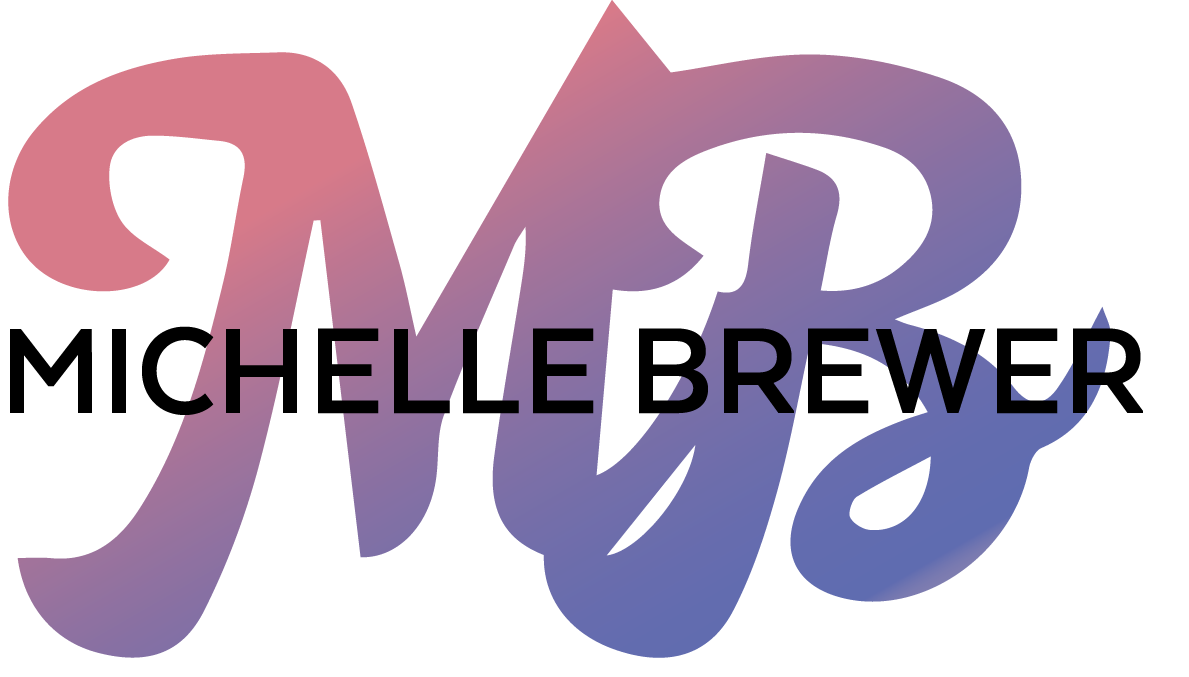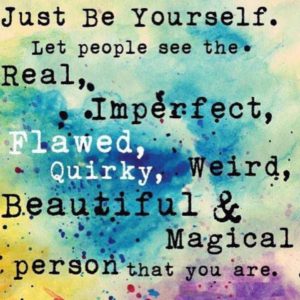
My Year of Blogging Boldy, Final Part: Pure of Heart
In my pain and powerlessness, my disappointment and self-doubt, I realized that among the myriad of emotions I was experiencing, I did not feel resentment. And yet, I knew that had I slept with the Dude and had he pulled away in the same way he did, I most certainly would have felt resentment. That got me thinking about the nature of resentment.
I decided that there is a way in which resentment is what you feel when you give up a part of yourself to another (expectation
typically unsaid by you, unagreed by the other) that you really don’t want to give up. But you do so in a bid to get the other person to do something you want them to do (and you’re not sure they will). Then, if that person doesn’t do what you wanted them to do, your reaction to their not doing so is resentment. Resentment arises as the result of a one-sided, tacit, failed tactic.
The dictionary defines resentment as “bitter indignation at having been treated unfairly.” My question: why not just anger? I think the dictionary misses the boat in not mining the inclusion of “bitter indignation” in the definition. Being treated unfairly rightly results in anger. Anger is the emotion more than any other that says “Stop! Don’t do that!” But resentment is different from anger, more than anger. What differentiates resentment from anger exactly? As I see it, resentment represents something adulterated in the perception of the injustice on the part of the perceiver. There is a way in which that person both senses their reaction is justified and unjustified at the same time.
On the one hand, I feel angry because I did something for you and you did not return the favour. Anger: justified. On the other hand, I did not make the exchange “commitment” explicit. So my righteousness is undermined. Anger: unjustified—and because of this, thwarted and flummoxed. There is an emotional loop of provocation of feeling, disempowerment of righteousness, frustration of reaction. But the feeling remains roused: it still aims to be discharged. Under these conditions, it must morph, reformulate as something else to be sanctioned for release.
My theory as to what happens. At one level, I want to blame you. You let me down, after all. Still, at a deeper level, I realize I can really only blame myself, being vaguely aware—but preferably unaware—of the specious nature of “the deal.” I am not willing to take responsibility and blame myself for my disappointment because I don’t want to be present to my role in what has gone on—as then I would have to squarely face that I hadn’t asked the permission that would give me the grounds for my having this expectation of you. If I had, I could just be angry. (This begs a question as to why did I not ask in the first place? I will return to that shortly.) And, I don’t want to have the anger rebound on me, which, given the part I’ve played in the whole situation, seems like its obvious and rightful course.
For relief and for protection (from both my anger and my awareness), I psychologically reconfigure—retroactively update—the dynamic. A shift takes place. I am still mad at you. No longer though for the circumstance of your not keeping your end of the so-called bargain. Now I am angry with you for putting me in the position of not being able to be angry with you, which infuses my mental world with powerless, embarrassment and frustration. Insult is added to injury.
The insult becomes a new injury. I am mad at you for this new “injustice” (which is actually a more legitimate reaction than to the old). But neither can those feelings be acknowledged as such and tolerated without the emotional house of cards tumbling down. So I do an emotional sleight of hand. I conflate the two. The new injury is grafted on to the old. Taking them together, the righteousness of the latter permits the discharge of the former. Taken together, that righteousness contributes the layer of bitter indignation to the former—the event I remain focused on. It creates injury to the next power.
This is all about avoiding self-blame (for not being explicit), which itself is about avoiding self-responsibility (for being straight forward about hopes and expectations). Why? Because I don’t want to be clear and direct about my wants and needs. Somewhere along the line I got messages that I can’t have my needs met directly. Especially as a woman, I hear that when I do, I am selfish, don’t deserve, must sacrifice, should able to get along with less. Asking on my own behalf feels like I am risking immense personal rejection.
At some point, I start to believe there is a choice I have to make between having my needs met and being in relationship with another—unless I “pay.” That is, I do these so-called exchanges. I give up parts of myself to others that I wouldn’t otherwise give up in the unspoken aspiration that I will get what I want—but “in return.” It seems to make relationships, especially love relationships, a covert and complicated calculation of credits and debits, rewards and retainers. A web of “strings attached.” At a cost to the relationship and to myself.
The cost to myself is the becoming smaller with the parts of myself I am sacrificing–that I wouldn’t otherwise give–the the sake of the exchange equation. The cost to the relationship is the weight of expectation. Who among us wants to do something because we have to? We like to do for others because we want to. Yet when expectation is not fulfilled, there is the sting of resentment.
Then there is a connection to food. Some of us turn to food for compensation: we were shortchanged because someone didn’t give us what they were “supposed” to, what we deserved! So we make up for it in food. And then for comfort: we hurt from our disappointment and resentment; leaving us feeling unworthy. So we eat to make ourselves feel better.
We need to stand back from begrudging exchanges as a mode of getting our needs met and rely instead on the simplicity, power and dignity of our inherent worthiness. And let the chips fall where they may.
I have faith in two possibilities. The first is that there are people out in the world with whom I have enough compatibility that we can sustain a relationship in the space of our commonality without relying on sacrifice. I have confidence that where we do not overlap we are comfortable with allowing each other to be different, do things separately rather than forcing things or giving up parts of ourselves.
The second is in the power of creativity. We could endeavour to create solutions that take into account both of our needs where there is discrepancy. Like when the Dude and I decided to forego eating on our date and play board games at a café instead. That is, we could use second order thinking. Yes, that would take caring, commitment and patience. But hey, isn’t that what it is all about? Interestingly, the dictionary lists antonyms to resentment as cheerfulness, contentment, kindness, delight, sweetness, joy and love. That is a relationship world I want to live in.
So, I didn’t get the relationship I wanted with the Dude. But neither do I feel resentment towards him (although I did toy with the idea of changing his name to “the Dud” at this point) because I didn’t do a damned thing I didn’t want to do. I didn’t lose or leave myself. Everything between us was fully and freely given from my end. I feel pure of heart. I have no regrets. 
In fact, I am pretty pleased with myself. I made myself vulnerable to him (no mean feat), and I grew through that experience. I pushed my boundaries: I sought him out; I negotiated for a date that would be satisfying for both him and me; and I stood up for what I needed to feel safe sexually. I’ve become a bigger and better person. I am emboldened.
I also feel gratitude. Because of the vulnerability risks I took, I have drawn courage to show myself more and deepen the connection I have with some great men in my world. When I think of my friends Gary, Matt and Lou, I am humbled by the intimacy, honesty and authenticity we share. (Not only do you often meet on the path of vulnerability, there are times you also bring me along it. Even though I might not show it, I feel your caring. Sometimes I even feel your love.)
Last, I got a reminder that there is a big heart that beats in my chest. And one of these times, an encounter may be with someone who falls in love with me too.





